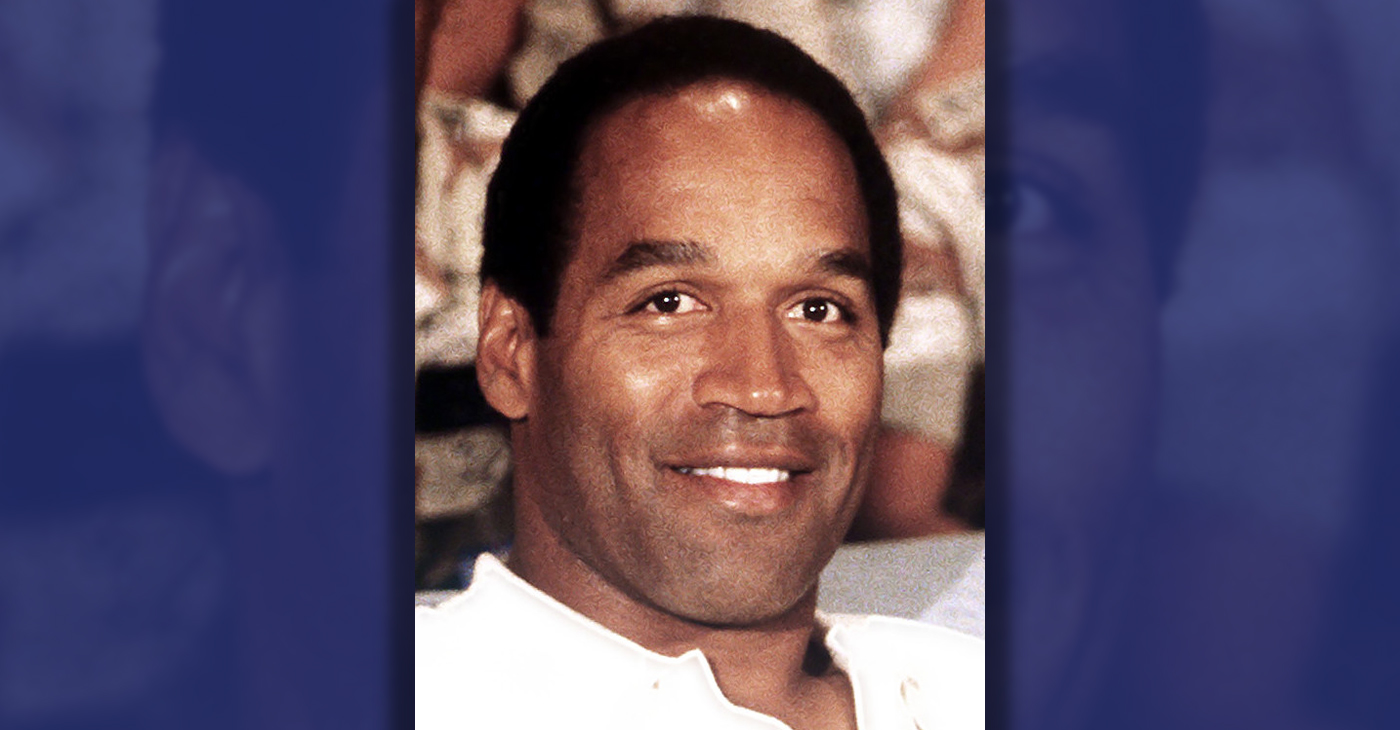Entertainment
Celebrating Women in GoGo
THE AFRO — The live performance review and GoGo honorarium, “The First Ladies of GoGo,” took place Sept. 19 on the rooftop of Eaton Hotel in downtown Washington, D.C. Featuring female pioneers in the GoGo music genre, the event was one of many GoGo themed events put up this year by music activist group “DontMuteDC.”
By Nyame-kye Kondo
The live performance review and GoGo honorarium, “The First Ladies of GoGo,” took place Sept. 19 on the rooftop of Eaton Hotel in downtown Washington, D.C. Featuring female pioneers in the GoGo music genre, the event was one of many GoGo themed events put up this year by music activist group “DontMuteDC.”
Backed by the GoGo band Sirius and Company for the entirety of the night, “The First Ladies of GoGo” featured live performances by a handful of important female singers within the genre, including a rousing performance by Chrystian B, of GoGo band TCB, who sang a medley of ballads by D.C. native Ari Lennox. GoGo pioneer, Maiesha Rashad, lead singer of 90’s GoGo band Maiesha and the Hip-huggers was honored for the role she played in carving out a space for women in a male-dominated genre, where there had been none. The Hip-huggers started out as an old school cover band comprised of the legendary Sugarbear, Ju Ju House, and Sweet Cherie Mitchell.
Providing middle aged GoGo lovers with an outlet, and women with a new voice, Rashad was affectionately titled, “First Lady of GoGo,” and the GoGo subgenre she and her band created was called “Grown and Sexy.”
Sitting at the front of the stage, Rashad jammed to the performances and humbly accepted her praise.
KK Baby, the daughter of Chuck Brown, and one of the current members of “The Chuck Brown Band’ performed her fathers 2006 hit, “Chuck Baby” all the while memorializing Lil Benny, of Little Benny and The Masters. Continuously uttering the refrain “We still cranking,” KK Baby, made it a point to talk about Rashad bringing her feminine energy to the often times misogynistic Go-Go scene. “I appreciate your courage, your example, your feminine energy you brought to Go-Go culture,” KK Baby said.
Recently undergoing knee replacement surgery, and having limited mobility as a result, Rashad performed a brief but lively snippet of her band’s rendition of The Jackson Five’s, “I want you back.”
Facing the audience, her bright, red hair shining vibrantly before the audience, Rashad’s voice resonated raspy and strong as she used call and response on the audience, “D.C, I want you back! Lil Benny, I want you back!, Chuck Brown, I want you back!”
This article originally appeared in The Afro.
Activism
Oakland Post: Week of April 17 – 23, 2024
The printed Weekly Edition of the Oakland Post: Week of April 17 – 23, 2024

To enlarge your view of this issue, use the slider, magnifying glass icon or full page icon in the lower right corner of the browser window. ![]()
Entertainment
O.J. Simpson, 76, Dies of Prostate Cancer
Orenthal James (O.J.) Simpson, who rose to fame as a college football player who went on to the NFL and parlayed his talents in acting and sportscasting, succumbed to prostate cancer on April 10, his family announced.

By Post Staff
Orenthal James (O.J.) Simpson, who rose to fame as a college football player who went on to the NFL and parlayed his talents in acting and sportscasting, succumbed to prostate cancer on April 10, his family announced.
Born and raised in San Francisco, the Galileo High School graduate was recruited by the University of Southern California after he was on a winning Junior College All-American team.
At USC, he gained wide acclaim as a running back leading to him becoming the No. 1 pick in the AFL-NFL draft in 1969 and joining the Buffalo Bills, where he had demanded – and received — the largest contract in professional sports history: $650,000 over five years. In 1978, the Bills traded Simpson to his hometown team, the San Francisco 49ers, retiring from the game in 1979.
Simpson’s acting career had begun before his pro football career with small parts in 1960s TV (“Dragnet”) before “Roots” and film (“The Klansman,” “The Towering Inferno,” Capricorn One”).
He was also a commentator for “Monday Night Football,” and “The NFL on NBC,” and in the mid-1970s Simpson’s good looks and amiability made him, according to People magazine, “the first b\Black athlete to become a bona fide lovable media superstar.”
The Hertz rent-a-car commercials raised his recognition factor while raising Hertz’s profit by than 50%, making him critical to the company’s bottom line.
It could be said that even more than his success as a football star, the commercials of his running through airports endeared him to the Black community at a time when it was still unusual for a Black person to represent a national, mainstream company.
He remained on Hertz team into the 1990s while also getting income endorsing Pioneer Chicken, Honey Baked Ham and Calistoga water company products and running O.J. Simpson Enterprises, which owned hotels and restaurants.
He married childhood sweetheart Marguerite Whitley when he was 19 and became the father of three children. Before he divorced in 1979, he met waitress and beauty queen Nicole Brown, who he would marry in 1985. A stormy relationship before, during and after their marriage ended, it would lead to a highway car chase as police sought to arrest Simpson for the murder by stabbing of Brown and her friend Ron Goldman in 1994.
The pursuit, arrest, and trial of Simpson were among the most widely publicized events in American history, Wikipedia reported.
Characterized as the “Trial of the Century,” he was acquitted by a jury in 1995 but found liable in the amount of $33 million in a civil action filed by the victims’ families three years later.
Simpson would be ensnared in the criminal justice system 12 years later when he was arrested after forcing his way into a Las Vegas hotel room to recover sports memorabilia he believed belonged to him.
In 2008, he received a sentence of 33 years and was paroled nine years later in 2017.
When his death was announced, Simpson’s accomplishments and downfalls were acknowledged.
Sports analyst Christine Brennan said: “… Even if you didn’t love football, you knew O.J. because of his ability to transcend sports and of course become the businessman and the pitchman that he was.
“And then the trial, and the civil trial, the civil case he lost, and the fall from grace that was extraordinary and well-deserved, absolutely self-induced, and a man that would never be seen the same again,” she added.
“OJ Simpson played an important role in exposing the racial divisions in America,” attorney Alan Dershowitz, an adviser on Simpson’s legal “dream team” told the Associated Press by telephone. “His trial also exposed police corruption among some officials in the Los Angeles Police Department. He will leave a mixed legacy. Great athlete. Many people think he was guilty. Some think he was innocent.”
“Cookie and I are praying for O.J. Simpson’s children … and his grandchildren following his passing. I know this is a difficult time,” Magic Johnson said on X.
“I feel that the system failed Nicole Brown Simpson and failed battered women everywhere,” attorney Gloria Allred, who once represented Nicole’s family, told ABC News. “I don’t mourn for O.J. Simpson. I do mourn for Nicole Brown Simpson and her family, and they should be remembered.”
Simpson was diagnosed with prostate cancer about a year ago and was undergoing chemotherapy treatment, according to Pro Football Hall of Fame President Jim Porter. He died in his Las Vegas, Nevada, home with his family at his side.
He is survived by four children: Arnelle and Jason from his first marriage and Sydney and Justin from his second marriage. He was predeceased son, Aaren, who drowned in a family swimming pool in 1979.
Sources for this report include Wikipedia, ABC News, Associated Press, and X.
Activism
Oakland Post: Week of April 10 – 16, 2024
The printed Weekly Edition of the Oakland Post: Week of April 10 – 16, 2024

To enlarge your view of this issue, use the slider, magnifying glass icon or full page icon in the lower right corner of the browser window. ![]()
-

 Activism4 weeks ago
Activism4 weeks agoOakland Post: Week of March 27 – April 2, 2024
-

 #NNPA BlackPress4 weeks ago
#NNPA BlackPress4 weeks agoCOMMENTARY: D.C. Crime Bill Fails to Address Root Causes of Violence and Incarceration
-

 #NNPA BlackPress4 weeks ago
#NNPA BlackPress4 weeks agoFrom Raids to Revelations: The Dark Turn in Sean ‘Diddy’ Combs’ Saga
-

 #NNPA BlackPress4 weeks ago
#NNPA BlackPress4 weeks agoMayor, City Council President React to May 31 Closing of Birmingham-Southern College
-

 #NNPA BlackPress4 weeks ago
#NNPA BlackPress4 weeks agoBaltimore Key Bridge Catastrophe: A City’s Heartbreak and a Nation’s Alarm
-

 #NNPA BlackPress4 weeks ago
#NNPA BlackPress4 weeks agoBaltimore’s Key Bridge Struck by Ship, Collapses into Water
-

 #NNPA BlackPress4 weeks ago
#NNPA BlackPress4 weeks agoBeloved Actor and Activist Louis Cameron Gossett Jr. Dies at 87
-

 Community1 week ago
Community1 week agoFinancial Assistance Bill for Descendants of Enslaved Persons to Help Them Purchase, Own, or Maintain a Home












































